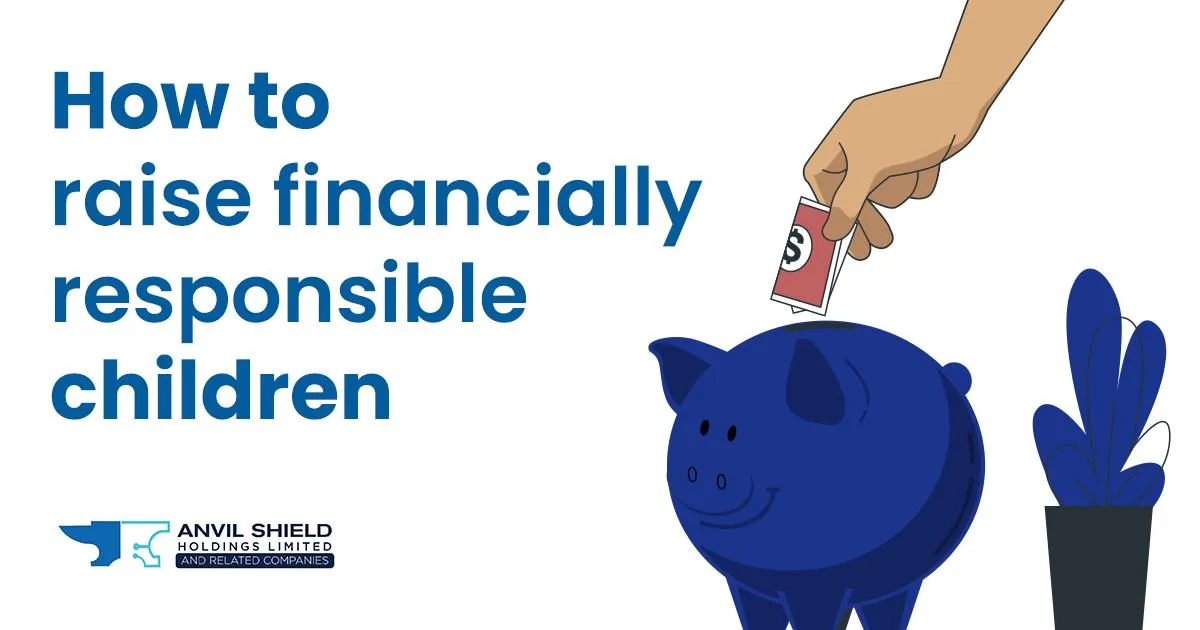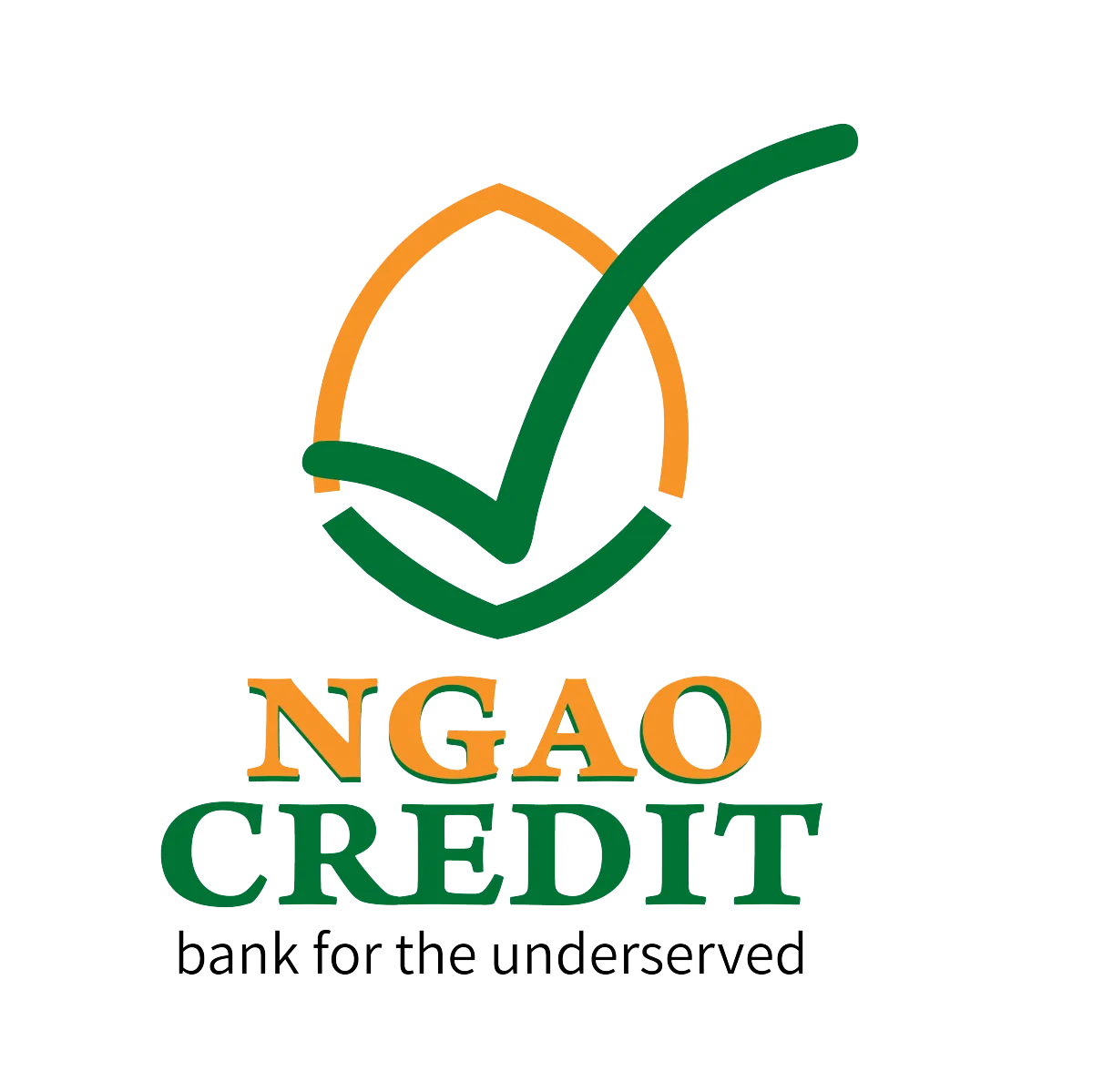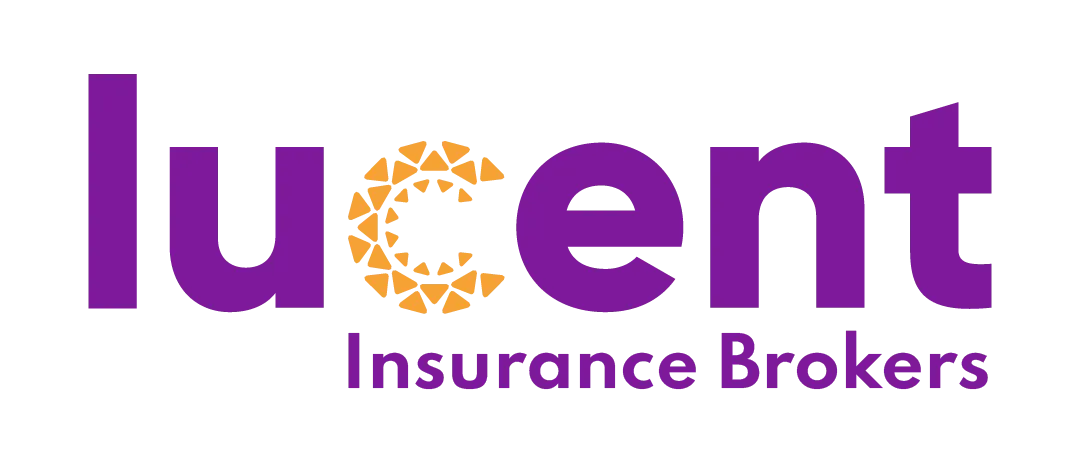Contact Us
Creating a borderless world of finanical services: your one-stop shop for financial solutions
Ensuring inclusion and growth by bridging financial & Tech gaps for Micro, Small & Medium Enterprises (MSMEs).
What we offer:
We provide a comprehensive suite of services — from financial solutions, insurance, and payment systems to money transfers, tracking & logistics monitoring — all seamlessly integrated and secured with blockchain technology. With Bitcoin and other digital assets at the core, we’re reshaping how Africa transacts, insures, and moves value across borders.

Money Lending
Financial empowerment for you and your business through quick secured loans.

Tracking & Logistics
keep track of all your assets and your
e-commerce business.

Payment Platform
Enjoy seamless payment solutions and pay suppliers on time anytime anywhere.

Remittance
Send money internationally to facilitate trade

Insurance
Secure and protect yourself, your family, and your business.

Digital Investment
invest in digitised assets such as Real Estate, Bonds, and Gold within the digital economy.

Our story
Anvil Shield Holdings Ltd story begins in 2009. When access to finances or capital for small businesses and solopreneurs in Kenya was a backbreaking affair.
To fill this gap Ngao Credit Limited was born to provide financial empowerment to the underserved. We made it possible for small businesses to access quick secured loans to expand and keep operations running.
Grow with Us
In line with the dream of offering financial empowerment, we have grown to include 4 other subsidiaries: Upesi Money Transfer, Alphabloq, Lucent Insurance, Tracking Hub Ltd, and Switchlink Africa.

How to Raise Financially Responsible Children: A Tough Lesson For Africa
“It's not how much money you make, but how much money you keep, how hard it works for you and how many generations you keep it for.” - Robert Kiyosaki.
A tough lesson for African Families
Many people assume money talks should only be for the highly educated or high-income earners in Africa. We take a different stance on this. Wouldn't it be great if every African family, regardless of socio-economic status, tribe, or geographic location, had access to financial literacy?
If you answered yes, this post is for you. Keep reading and then share it with a friend and family member.
Sapa and Japa - the great African delusion
If you follow African social media chats, especially on Twitter, you're likely familiar with the popularly used slang "Sapa and Japa." "Sapa" is used to refer to indigence or poverty. And "Japa" refers to travelling abroad to seek greener pastures and escape "Sapa."
It is not surprising that most low-income class Africans embrace this "Japa" idea warmly. The situation in most African economies is devastating.
People prefer to travel abroad or take huge loans to send their children abroad. They do this hoping their children will learn the European ways in school, make some dollars, and send some home to fend for the family.
But this notion of "Japa salvation" isn't always favorable. Many low-income African children face novel challenges once abroad.
Some of the challenges include harsh weather conditions, racism, peer influence, workplace segregation, and the "cheap labour" tag placed on some Africans. Contrary to popular belief, "the grass isn't always greener on the other side."
Let's be clear. We're not implying that sending your children abroad isn't a good idea.
We, in fact, believe in the potential of Western education. We think it can help develop Africa since many children return home enlightened and eager to change their home country.
However, we want to emphasize that a more sustainable solution for our children and the future of our continent is to rethink our beliefs, societal norms, and the African economy to make us more self-reliant.
If we can make Africa a thriving environment for the youth, Sapa and Japa will become an obsolete concepts.
How can we accomplish this objective?
Through financial inclusion, financial literacy, and youth empowerment.
What it means to be Financially Responsible
To be financially responsible means to know how to earn and deal with money wisely.
In other words, you are financially responsible when you know how to ethically generate income and maintain and multiply it sustainably.
How African Low-Income-Class Parents Raise their Children
Most African low-income class parents live by the "breadwinner" concept. They believe the father of the house should be "out there" fending for the entire family. That creates a single-income scenario which, in our modern society, leads to tremendous financial strain on the family.
Regardless of the father's monthly income, relying on one avenue as a source of money will always leave a family financially at risk of falling into poverty.
Then there's also what is called Black Tax, where the father or breadwinner also fends for his extended family members. It's common practice in Africa to have children of siblings living with a family member who is generating a steady income. Relatives love to send their kids to the "rich" aunt or uncle in the big city!
This further increases the economic burden on such an uncle or aunt.
Some African parents also raise their children to believe that the male child is the heir to his father's properties and that the role of the girl child is to help her mother in the kitchen.
This age-long cultural practice causes the parent to focus more on developing the male child and teaching them how to be producers in society.
Meanwhile, the girl child grows up dependent on others and, at times, self-entitled to have things she doesn't know how to work hard for.
It's a complex dynamic that's hard to rationalise, yet many Africans live out these different scenarios as reality.
And it gets even worse...
In some lower-income earning households, parents use their children for cheap labour instead of sending them to school.
Ever spotted children hawking goods on the side roads and wondered whether they were orphans? In some cases, you're looking at children with parents who've made abysmal choices.
While it's easy for us to judge and point fingers at all the different ways the governments and society are failing us, that's not the approach that will lead to the breakthroughs we want.

How to Teach Children to be Financially Literate?
Now, what are practical ways that low-income-class African parents can use to teach their children to be financially responsible? We propose eight solutions to this issue:
Solution #1 – Incorporate Financial Education in School Curriculums
Schools need to teach more about Financial Education. Entrepreneurship and practical business practices should be included in primary and secondary (high school) school curriculums. That way, children can learn the basics of what it means to do business.
Although subjects like "business studies and vocational education" are being taught, they are not practical enough. Children are just being fed with theories and laws of demand and supply that they understand little or nothing about.
Solution #2 - Show Children Practical Examples of Ways to Earn Income
This responsibility falls on parents as they raise their children. They must create ethical and manageable ways to make their children earn. One way to do this is by offering rewards for home chores. This way, they can learn the connection between work and reward ( which is money). Hence, no work, no money. Make them earn what they spend. They will learn to value money this way.
Solution #3 - Imparting Knowledge about Finance and Profit Making
Teach children what it means to make a profit. Here's a story to illustrate how to do this.
Boma is a cocoa trader. He travels to villages and farms, buys cocoa beans, takes them to town, and sells them. One day Boma decided to quit the business.
A fellow trader and friend asked why and Boma responded, "I don't know how to turn this into a business. I'm not making any profit, and most of the time, I barely have the cash to restock."
The trader then proceeded to learn more about how Boma approached the business of buying and selling cocoa.
"Boma, how do you determine your profit?" asked the trader. To which Boma stared blankly at the trader with a confused look. Further probing led to the realization that Boma never made any profit. He would buy and sell with zero margins.
Sometimes it would be at a loss. But Boma had no way of telling because he didn't know his numbers. The kind friend and fellow trader went on to give Boma a basic accounting crash course and rudimentary bookkeeping that enabled Boma to gain control of his income and expenses.
That's when something magical occurred. Boma wrote down how much he currently had and categorized that as his capital. Then he wrote down the cost of traveling to and from the farms and the purchase price of the cacao.
Boma also recorded all his expenses, including marketing costs, renting the little kiosk where he sold the cocoa, and other supplementary costs that came with doing business.
At the end of the exercise, he had clarity on his expenses, capital, and income. It became the first time Boma could do some simple math and identify his profit margin and business potential.
For the first time ever, Boma realized his pricing was too low. He needed a better strategy and pricing to generate income and profit. It was liberating for him to learn a simple exercise that financially empowered him and put him in control of his future.
Many African traders like Boma short-change their businesses and sell too low or mismanage their money because they lack basic financial knowledge.
All they need is education that can empower them to make better business decisions. Just imagine how different commerce would be if every African trader had a basic knowledge of finance and profit-making.
A profit is the remainder of funds after deducting your capital and expenses incurred to make sales.
In simple terms, Profit = Expenses + Capital – Total Income (or sales).
Solution #4 – Teaching Children About Business Risks
Another vital thing to teach children is how to manage business risks. You should let your children know that the economic environment is never stable.
Inflation may occur anytime; your country's currency may become devalued, perishable goods spoil faster than expected, and accidents may happen.
They should bear all these business risks in mind. This way, they know what to do when things go wrong and how to best invest their talents, energy, and resources.
Solution #5 – Teach Children about Saving, Making Budgets, Spending, and Investing
If a child is old enough to spend and desire new things, they are ready to learn about the budget. Show your children how to make budgets and stick with them. This way, you avoid buying unnecessary things.
Instead of being reckless spenders, they can learn to be wise investors. Choose a project or social cause important to the family and get your kids involved. This way, they have a sense of "this is our project; we must promote it?"
At the end of the day, how you spend money teaches children more than what you may say about financial responsibility.
Solution #6 – Making Household Members Pay
This act is the best way to curb the Black Tax. Learn to say NO to family members who are fond of "borrowing" or buying things on credit. And they do so regularly.
Africans need a mindset shift. We must teach kids and young adults that "business grows when household members work for what they buy."
This education will teach children to be independent, responsible, and disciplined and not rely on others to fend for them.
Solution #7 – Let them Play Finance-Related Games and Read Books
There are a variety of kid-friendly finance games that now teach financial planning and business acumen. Let your kids play Games like Monopoly, Cash Flow, Visa Financial Football, Football Manager, and The Game of Life.
Some of these games even teach how to get a loan plan and save for the future. Research shows that kids learn faster from playing games since they have fun doing it.
You should also introduce the young ones to good books that teach financial literacy. Books like Rich Dad Poor Dad by Robert Kiyosaki, The Richest Man in Babylon by George S. Clason, Raising Financially Confident Kids by Mary Hunt, and How to Build a Secured Financial Future by Sunday Adelaja.
Solution #8 – Connect them with opportunities and real-world experiences
Help make your child more financially responsible by connecting them with opportunities and how to find business opportunities.
Let your children know there are business opportunities wherever they find a human need or problem. For example, a neighbourhood or street without a restaurant requires a food business.
In the same vein, finding real-world experiences that enable the child to volunteer their time in industries they are passionate about is a great way to support their future dreams while imparting the spirit of work at an early age.
So if your child dreams of being a lawyer and your old schoolmate runs a law firm, send them there over school holidays for an internship.
Benefits of Raising Financially Responsible Children
Why do low-income African parents need to educate their children on wealth acquisition and management?
The benefits are endless.
When you raise your child to be financially responsible, you are helping to tackle poverty in Africa.
You are helping to boost or strengthen the economy.
You are also directly helping to take unemployed youths off the streets, thereby reducing the crime rate in society.
It's not an exaggeration to state that poverty is one of the main reasons young adults engage in brutal criminal acts such as armed robbery, kidnapping, or joining militant groups.
Training financially responsible kids creates a foundation for a better future.
It further enhances financial inclusion and results in nation-building and development, where everyone provides ways to solve immediate human problems.
Financial Responsibility and the Girl-Child
This lack of financial responsibility is even worse with the African girl-child. Many mothers were trained to believe that a woman's role in the household ends in the kitchen.
That same mindset rubs off on their girl-child. She fails to pursue notable career paths or have world-changing aspirations, thinking that one day she will marry and lose and sacrifice whatever she's worked for in exchange for homemaking.
This error in thinking is drawn from the conceptualisation of the father's role as a provider. This is why some women become miserable and destitute after their husband dies because they never learned how to generate income.
The sad fact is that if African girls continue to believe that men are meant to be the only breadwinners, they'll continue to lead less-than-satisfying lives and struggle with financial empowerment.
The lower-class African girl-child needs re-orientation.
Parents must teach and encourage all girls to use their intellect and value their dignity. Girls have just as much potential as boys and can learn to work and become financially independent. Work that is both ethical, respectful, and valuable to the community and nation as a whole.
Teaching the Parents to Teach their Children Financial Responsibility
This Latin term says, "Nemo dat quod non habet," which means "you cannot give what you do not have." Parents are more inclined to impart knowledge that they themselves possess.
As a parent, you must recognise that you are the mirror that your child looks at. The more financially literate you become, the easier it will be to impart that knowledge to your household.
Learn as much as you can about money.
Encourage money talks in the family.
Gamify proper use and management of funds within the family and your children will take an interest and desire to become just as wise as you, if not better.
A final thought on this...
Africa is where "Young money" lives, which means that if we want generational wealth to be a reality, we'll need to encourage our children to handle money better.
This article discussed several ways our society can instruct young adults on financial responsibility and help them better prepare for their future and your future. But it barely scratched the surface.
There's so much more to learn. If you want to educate yourself on all things money in life and business, we'll help give you that edge. Join our monthly newsletter.

© Copyright 2026. anvilshieldgroup ltd All rights reserved.







